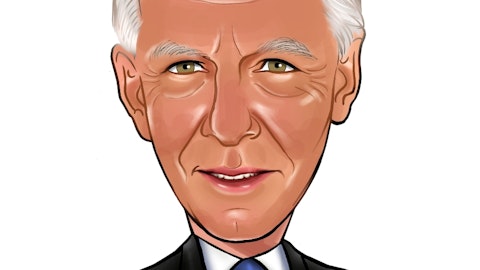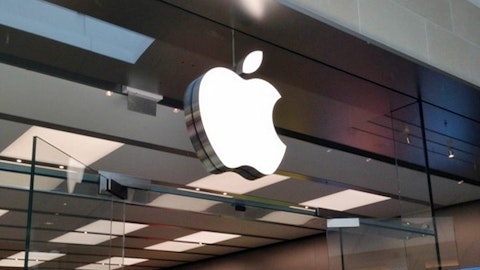Where Disney’s Value Comes From
The real value of Disney is in its massive intellectual property. ESPN is synonymous with sports. Star Wars and Marvel have tremendous followings. The child-focused Disney characters and stories are still very popular with adults and children alike.
The company’s value is in intangible brands. There is no doubt Disney has a strong and durable brand based competitive advantage. The company’s strongest brands are ESPN, Star Wars, Marvel, and Disney.
It is very difficult to imagine a competitor unseating Disney as the leader in imagination and fantasy. The company’s competitive advantage will likely last long into the future.
Changing Markets & Potential Pitfalls
The worry surrounding Walt Disney Co (NYSE:DIS) stock is a result of the changing distribution methods for video content. In the past, Disney could monetize its ‘must see’ programs through lucrative cable deals.
The cable industry is transforming due to advancing technology. Streaming companies like Netflix, Inc. (NASDAQ:NFLX) and Amazon.com, Inc. (NASDAQ:AMZN) provide an alternative to paying overpriced cable bills. This change could diminish Disney’s earnings from its Cable Networks business unit.
The issue with this is that the Cable Networks business unit is by far Disney’s largest; responsible for 46% of operating income in fiscal 2015.
As I mentioned above, changes in the way video content is distributed could reduce Disney’s Cable Network income in the short-run.
In the long-run, Disney will likely see continued earnings growth, even if cable goes away completely. The reason is simple – Disney’s television programs are valuable. People will pay money to watch ESPN (and Disney’s other networks) regardless of if they are paying to watch the channel through cable or through a streaming service of some kind.
The value driver for Disney is that people want to watch its programs. Howthey are watched, and how they are monetized may change, but it is unlikely that another company unseats Disney as the leader in providing quality content. It’s all about the content. Disney is the leader in making entertaining, ‘must watch’ content. That is very unlikely to change any time soon.
But Is Disney a Buy?
Disney currently has a dividend yield of 1.1% – well below average. Obviously, dividend growth investors look for two things: dividends and growth. Disney is lacking in dividends, but does have strong growth potential. In the final analysis total return is what matters. Disney’s double-digit expected future earnings-per-share growth rate bodes well for shareholders going forward.
Just because a business is growing rapidly does not mean it will reward shareholders with capital gains. Investors must be sure to not overpay for a business.
Price is what you pay. Value is what you get.
– Benjamin Graham
Disney is currently trading for a price-to-earnings ratio of 22.7. The company’s average price-to-earnings ratio over the last decade is 16.2. Disney is currently trading far above its historical price-to-earnings ratio. Now is not a particularly opportune time to buy into Disney.
Disney has a strong and durable competitive advantage combined with double-digit earnings-per-share growth expectations. The company’s price-to-earnings ratio is a bit on the high side. Dividend growth investors currently holding Disney should continue to do so in order to take advantage of future growth from the company.
Investors looking to enter into a position in this excellent business would likely do better to wait until the company’s price-to-earnings ratio drops to around its 10 year historical average. Disney’s stock price tends to fall a great deal during recessions as the company’s resort and cruise businesses see declines during recessions. It is likely the company’s stock will fall further than the overall market during the next recession (whenever that may be); this will create an excellent entry point for investors looking to gain exposure to Walt Disney Co (NYSE:DIS).
Disclosure: None





